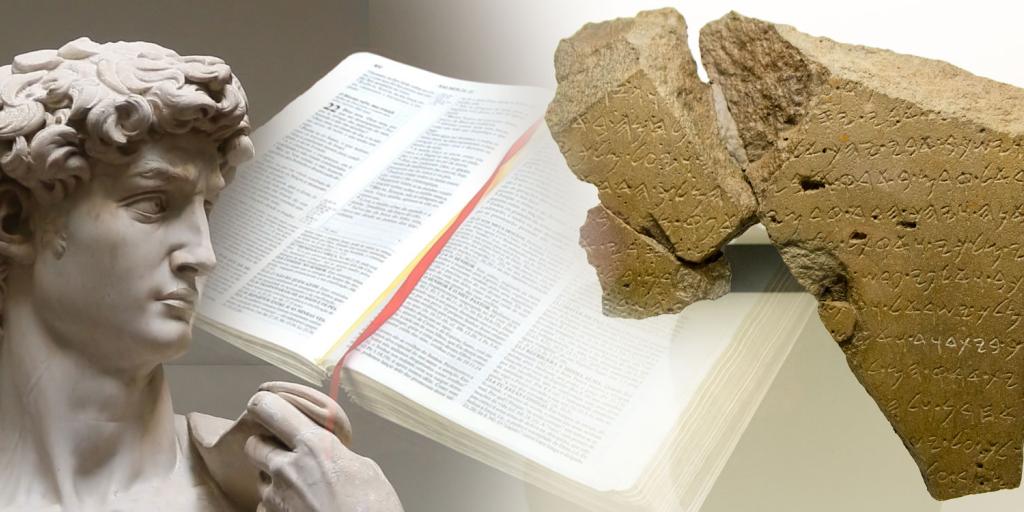
Archaeology Confirms King David
As recently as thirty years ago, King David was just a mythical figure for many secular historians—a position that continues to be held by some. However, over the last few decades, archaeological evidence has been mounting to support not only the idea that King David existed, but also that he oversaw a powerful and substantial kingdom—just like the Bible says he did!
In 1993, the Tel Dan Stele was found near the Syrian border, referring clearly to the “House of David” (Christianity Today, 12 June 2023). The stele dates to within 140 years of David’s death. While some archaeologists have questioned David’s influence, due to the lack of large architectural buildings in the region that can be dated to his reign, more recent research on the Temple Mount and in the vicinity of Jerusalem is unearthing substantial buildings and fortifications never before known. Prominent Holy Land archaeologist Eilat Mazar uncovered some of those large buildings. A non-religious archaeologist who nevertheless took Bible history seriously, Mazar told Christianity Today in an interview before her death in 2021, “This is Jerusalem, which we know best from the Bible,” which “contains within it descriptions of genuine historical reality.”
For centuries and even into modern times, critics of the Bible have argued that there is little to no secular evidence for the Bible’s validity. In their zeal to disprove God’s word, they often dismiss it as an untrustworthy religious text filled with myths, and they base many of their arguments on a supposed lack of evidence. Yet, as time goes on, archaeology continues to validate the authenticity of biblical claims, including that King David was a powerful king overseeing a substantial kingdom. To learn more about the constantly growing body of evidence supporting the validity of the Bible, be sure to read or listen to The Bible: Fact or Fiction?



